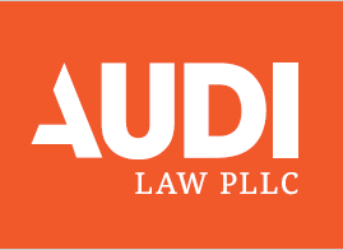For someone with moderate to low-income levels and major debt, a personal bankruptcy filing can help them regain control over their finances. There are several kinds of personal bankruptcy available, and most people will qualify either for Chapter 13 proceedings or a Chapter 7 bankruptcy.
A Chapter 7 bankruptcy is a liquidation filing. In addition to limits on what property you can protect, there are also strict income limits. You will need to pass a means test if you hope to file a Chapter 7 bankruptcy.
What does means testing involve?
A means test essentially involves making some adjustments to your income based on the last 6 months of revenue and then comparing that annual adjusted income to the current state median. If you are the only member of your household, your adjusted income must be at or below $60,640 to qualify.
If you have a two-person household, your income can be as high as $74,805. Three-person families can have an income of up to $92,441, while families of four can earn $110,077 and still qualify. Larger families can add another $9,900 for each additional dependent family member.
Some people find that they are very close to the threshold for Chapter 7 bankruptcy and may need some help reviewing their income to determine conclusively if they can file for Chapter 7 bankruptcy or need to consider Chapter 13 proceedings. Professionals may choose Chapter 13 even if they qualify for Chapter 7 after losing a job because they have valuable personal property that they do not wish to liquidate.
Learning about the rules that govern bankruptcy filings will help you make use of this important financial protection.

